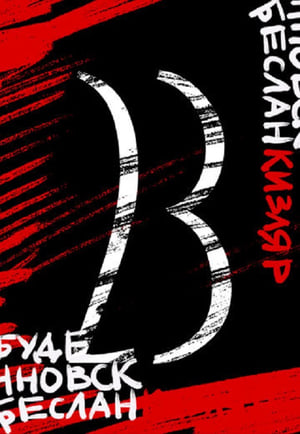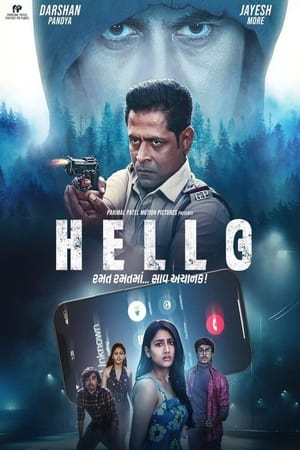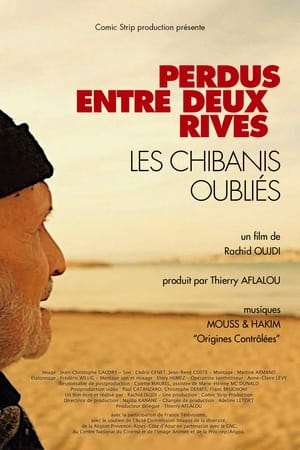
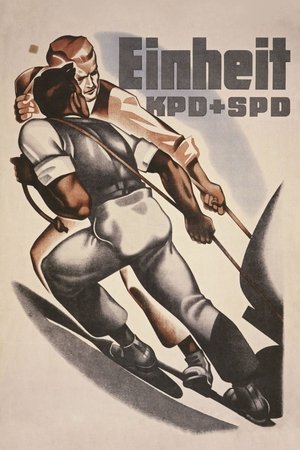
Unity SPD – KPD(1946)
Documentary about the merging of the Communist Party of Germany and the Socialist Unity Party of Germany in the Soviet occupation zone, a merger that would lead to the creation of the Socialist Unity Party that would rule the soon-to-be-created East Germany until 1989.

Movie: Unity SPD – KPD

Einheit SPD – KPD
HomePage
Overview
Documentary about the merging of the Communist Party of Germany and the Socialist Unity Party of Germany in the Soviet occupation zone, a merger that would lead to the creation of the Socialist Unity Party that would rule the soon-to-be-created East Germany until 1989.
Release Date
1946-05-01
Average
5
Rating:
2.5 startsTagline
Genres
Languages:
DeutschKeywords
Recommendations Movies
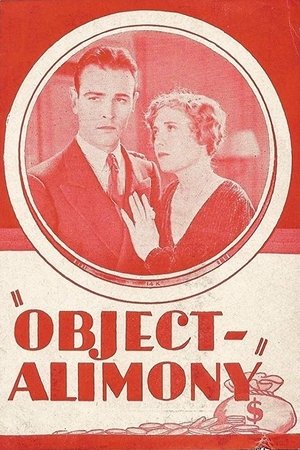 6.0
6.0Object: Alimony(en)
Ruth Butler, a clerk in an emporium, marries Jimmy Rutledge and thereby greatly displeases his mother, the owner of the emporium, because of Ruth's lowly origins. Renaud Graham, one of Mrs. Rutledge's friends, becomes interested in Ruth, forces his way into her apartment, and attempts to make violent love to her. Jimmy walks in on their embrace and, suspecting the worst, leaves Ruth. In the family way, Ruth finds refuge in a boardinghouse where she meets Al Bryant, an aspiring writer. Ruth tells Al her life story, and he makes it into a bestselling novel and then into a play. Jimmy sees the play and comes to his senses, winning Ruth's forgiveness.
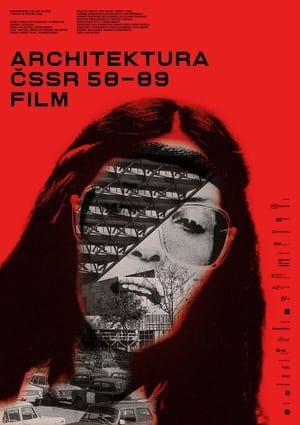 3.0
3.0Czechoslovak Architecture 58–89(cs)
Vladimir 518, uncompromising rapper, artist, stage designer and activist, is a rare phenomenon, who not only writes books, but publishes them as well. Today also a respected authority primarily on pre-1989 architecture, he has written not only a major publication on the subject, but also the story for two audiovisual works treating the same theme, which were shot by Jan Zajíček, renowned director of music videos. In addition to the recent TV series we have the eagerly anticipated feature-length film which, through its fascinating and impressive exploration of Czech and Slovak architecture of the latter half of the 20th century, offers exclusive insight into extraordinary buildings and unique individuals living below the Tatra Mountains. Karel Och (kviff.com)
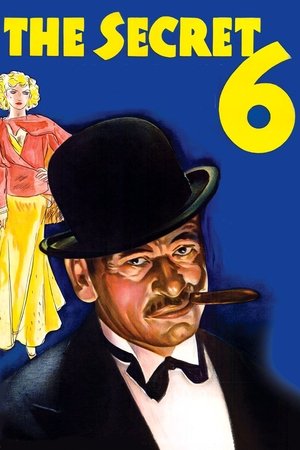 5.8
5.8The Secret Six(en)
Bootlegger/cafe owner, Johnny Franks recruits crude working man Scorpio to join his gang, masterminded by crooked criminal defense lawyer Newton. Scorpio eventually takes over Frank's operation, beats a rival gang, becomes wealthy, and dominates the city for several years until a secret group of six masked businessmen have him prosecuted and sent to the electric chair.
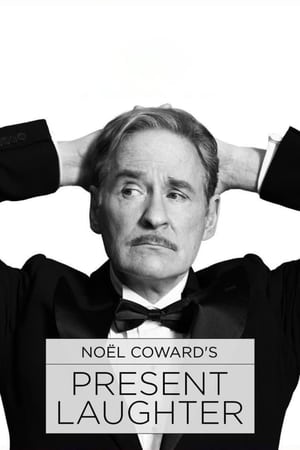 6.4
6.4Noël Coward's Present Laughter(en)
A self-obsessed actor in the midst of a mid-life crisis juggles a fawning ingenue, a crazed playwright, his ex-wife, and the personal lives of his friends. Originally broadcast as an episode of the PBS series "Great Performances" (season 45, episode 4).
 7.0
7.0Was wenn der Tod uns scheidet(de)
Sophie is admitted to hospital with a fainting spell. She has recently started feeling sick all the time and has a headache. She fears she might be pregnant again. And now she is diagnosed with a brain tumor. Her husband Joachim is never around and their three sons consume all her energy. She throws herself into an affair with the doctor Paul Wolff in order to feel alive again.
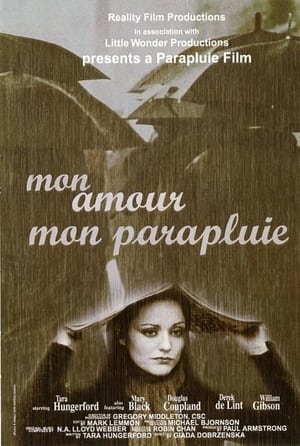 10.0
10.0My Love, My Umbrella(fr)
A young woman loses her umbrella in a café altering her perception of the world forever.
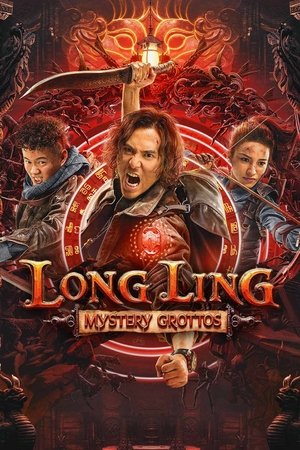 6.0
6.0Tomb Adventurer(zh)
After returning from the ancient city of Jingjue, Xue Li Yang found that the curse of ghost-eye erythema had afflicted her, and used a strategy to let King Hu Bayi, Fatty Wang and others go to the Longling Labyrinth to find the Dragon Bone Book, trying to lift the curse. Taking risks, encountering ancient mythical beasts, a giant catfish, the iron-headed dragon king, red-eyed wolves that feed on human bones, and fighting human-faced spiders, the road ahead is uncertain, whether they can escape…
 5.8
5.8Si mis campos hablaran(es)
Si mis campos hablaran is a 1947 Chilean film directed by José Bohr. It was entered into the 1954 Cannes Film Festival.
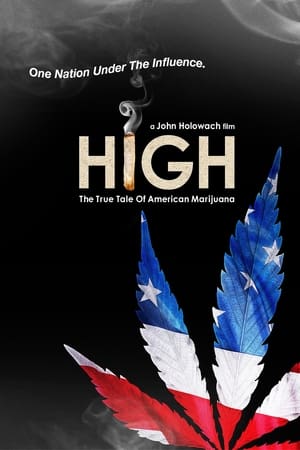 6.0
6.0High: The True Tale of American Marijuana(en)
Beyond the hysteria of Reefer Madness and past the deceptive lessons of "Just Say No", HIGH exposes the true story of America's war on drugs. Using government statistics, expert interviews and a large dose of humor, HIGH takes a fresh look at this hot but relevant topic.
 4.0
4.0A New Year's Miracle, or Ivanna Tsareva Changes Her Profession(ru)
A teachable story about a seventh-grade student who, like thousands of Russian schoolchildren, is caught up in the ideology of consumption and empty narcissism.
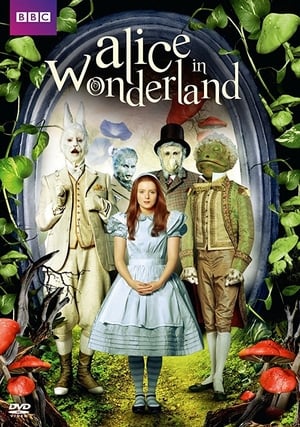 6.0
6.0Alice in Wonderland(en)
One of the most well-known stories begins one golden summer afternoon. Alice is sitting on a riverbank with her sister when a fully-dressed, talking rabbit runs past her. She follows the rabbit down the hole and enters a nonsensical world where it seems the normal rules of logic do not apply. In Wonderland, Alice participates in a winner-less race, alternates between being tiny and giant, hears riddles at a "mad" tea party, plays croquet with live flamencos, and attends a trial where the Knave of Hearts is accused of stealing the Queen's tarts. Join Alice as she encounters the Hatter, the Cheshire Cat, and others as she makes her way through Wonderland.
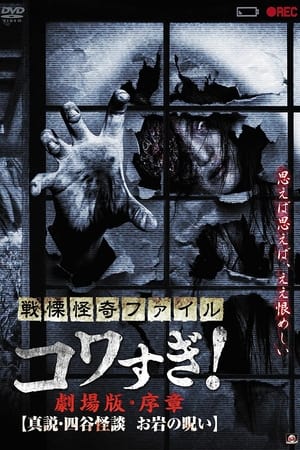 6.7
6.7Senritsu Kaiki File Kowasugi! Preface: True Story of the Ghost of Yotsuya(ja)
From the team's previous work, director Kudo is now convinced of the existence of parallel universes. But now, a new video posted convinces the group to learn the truth about a mysterious woman with a swollen face.
 4.9
4.9Blame It on the Samba(en)
Donald Duck and Jose Carioca, both literally blue, stumble across the Cafe do Samba, whose proprietor is determined to cheer them up with samba music. After they get their color back, they land in a giant brandy snifter, where a live-action woman is playing the tune on an organ. She also drums and dances a bit. The only dialogue is the lyrics of the song, sung by women.
Similar Movies
 7.0
7.0Lenin kam nur bis Lüdenscheid - Meine kleine deutsche Revolution(de)
The free, almost naive view from the perspective of a child puts the "68ers" in a new, illuminating light in the anniversary year 2008. The film is a provocative reckoning with the ideological upbringing that seemed so progressive and yet was suffocated by the children's desire to finally grow up. With an ironic eye and a feuilletonistic style, author Richard David Precht and Cologne documentary film director André Schäfer trace a childhood in the West German provinces - and place the major events of those years in completely different, smaller and very private contexts.
 7.1
7.1Girls State(en)
What would American democracy look like in the hands of teenage girls? In this documentary, young female leaders from wildly different backgrounds in Missouri navigate an immersive experiment to build a government from the ground up.
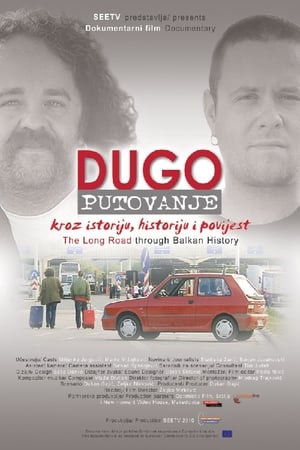 0.0
0.0The Long Road Through Balkan History(en)
Bosnian Croat writer Miljenko Jergović and Serbian writer Marko Vidojković replace one another by the steering wheel of Yugo, a symbol of their common past while driving on the Brotherhood and Unity Highway that stretched across five of six republics of Yugoslavia.
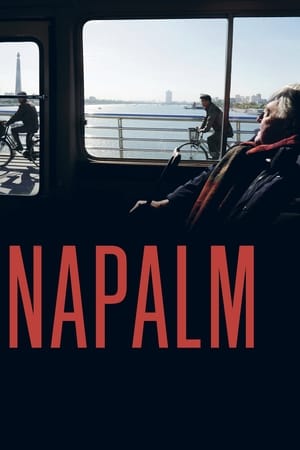 4.9
4.9Napalm(fr)
Napalm is the story of the breathtaking and brief encounter, in 1958, between a French member of the first Western European delegation officially invited to North Korea after the devastating Korean war and a nurse working for the Korean Red Cross hospital, in Pyongyang, capital of the Democratic People’s Republic of Korea.
 8.0
8.0Lenin and the Other Story of the Russian Revolution(fr)
Vladimir Ilyich Ulyanov, better known as Lenin, is remembered as the instigator of the October Revolution of 1917 and, therefore, as one of the men who changed the shape of the world at that time and forever, but perhaps the actual events happened in a way different from that narrated in the history books…
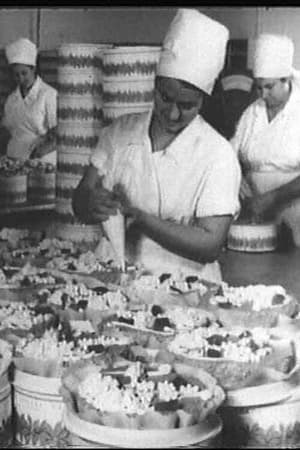 0.0
0.0Charlie Marx and the Chocolate Factory(en)
Charlie Marx and the Chocolate Factory started as an investigation of the link between politics and chocolate, at the Karl Marx Confectionary Factory in Kiev, Ukraine. Since access to the factory was denied, the project had to be re-considered, re-invented or re-enacted. Mostly made of archival footage and re-enacted performances based on the company's website, the film merges what was left of the initial idea with what has been collected and realized instead. It borrows from the genres of video art, 'Man on the street' interview, direct address, corporate film, essay, and music video, without legitimately belonging to any of them. The film unravels as a reflection on its own failure, and yet keeps on investigating what has always been at stake: the shift from public to private property (and from analog to digital technology), dialectics of permanence and change, language as a mirror of ideology, and post-Soviet oligarchy culture.
 7.1
7.1Fahrenheit 9/11(en)
Michael Moore's view on how the Bush administration allegedly used the tragic events on 9/11 to push forward its agenda for unjust wars in Afghanistan and Iraq.
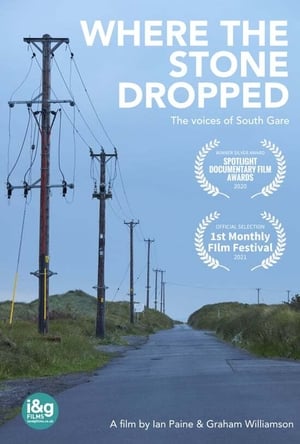 8.0
8.0Where the Stone Dropped(en)
Created in the Victorian era to widen the mouth of the River Tees for shipping, South Gare is a man-made peninsula extending four kilometres into the cold North Sea. Today, the industry it was built for has gone, but the Gare remains as a haven for all sorts of unexpected communities - kite-surfers, photographers, bird-watchers, scuba-divers and the people who simply appreciate its strange, lonely beauty.
 7.3
7.3The Red Elvis(de)
A documentary on the late American entertainer Dean Reed, who became a huge star in East Germany after settling there in 1973.
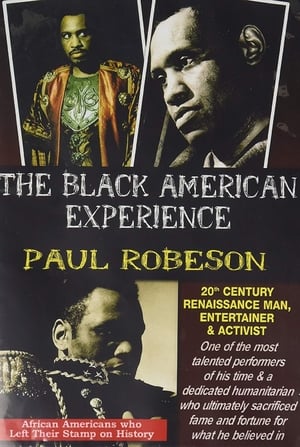 0.0
0.0Paul Robeson: 20th Century Renaissance Man, Entertainer & Activist(en)
Paul Robeson was a celebrated African-American Actor, Athlete, Singer, Writer, and Civil Rights Activist. Robeson's many achievements are chronicled in this program, ranging from playing with the NFL to graduating from Columbia Law School, performing on Broadway and in Hollywood films to founding the American Crusade against Lynching as well as Council on African Affairs. Robeson was one of the most talented performers of his time and a dedicated humanitarian who ultimately sacrificed fame and fortune for what he believed in. His association with Leftist Politics during the era of the Cold War, and frequent denouncing of American political parties led to his eventual blacklisting with other prominent writers and artists during the McCarthy Era. His talents in all areas are remarkable, and his dedication to attaining a peaceful coexistence between all the people of the world is truly admirable.
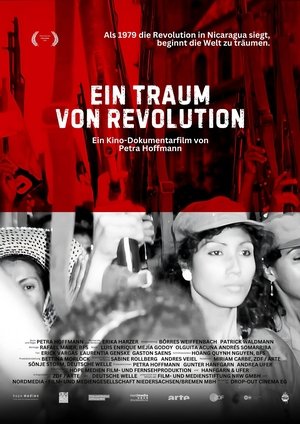 8.5
8.5Ein Traum von Revolution(de)
When the revolution in Nicaragua won its victory nearly 40 years ago, the world began to dream. A young generation was taking the reins in a country of grand utopias. From West Germany alone, 15,000 “brigadists” travelled to help rebuild the war-torn country: liberals, greens, unionists, social democrats, leftists and church representatives harvested coffee and cotton, built schools, kindergartens and hospital wards. No movement has mobilised so many people. What became of the hopes and dreams of the revolutionaries and their supporters?
 6.3
6.3The Russian Revolution(en)
Starting in 1881 this film shows the personal battle between Lenin's Ulyanov family and the royal Romanovs that eventually led to the Russian revolution.
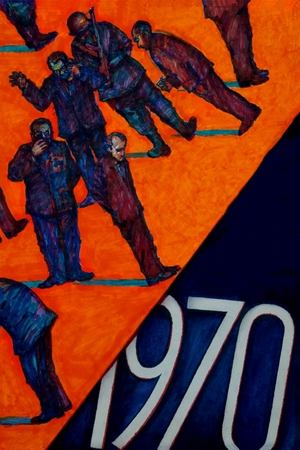 7.7
7.71970(pl)
Poland, 1970. When popular protests erupt in the streets due to rising prices, the communist government organizes a crisis team. Soon after, the police use their truncheons and then their firearms. The story of a rebellion from the point of view of the oppressors.
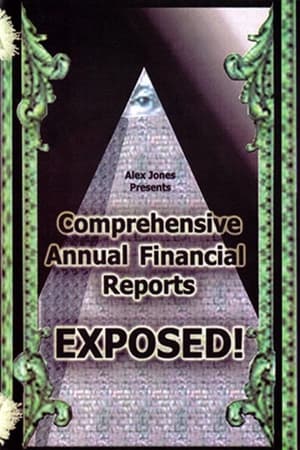 5.0
5.0Comprehensive Annual Financial Reports Exposed(en)
Alex Jones interviews Walter Burien, commodity trading adviser (CTA) of 15 years about the biggest game in town. There are over 85,000 federal and regional governmental institutions: school districts, water and power authorities, county and city governments – and they own over 70 percent of the stock market.
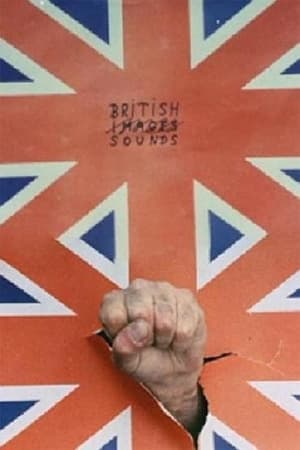 5.2
5.2British Sounds(en)
Jean-Luc Godard brings his firebrand political cinema to the UK, exploring the revolutionary signals in late '60s British society. Constructed as a montage of various disconnected political acts (in line with Godard's then appropriation of Soviet director Dziga Vertov's agitprop techniques), it combines a diverse range of footage, from students discussing The Beatles to the production line at the MG factory in Oxfordshire, burnished with onscreen political sloganeering.
 8.0
8.030 Years of Democracy(ro)
Two journalists born in the mid '80s decide to take a look back at how their country changed in the last 30 years since the fall of communism. The end product is a documentary containing footage of political events and historical milestones significant to Romania accompanied by a narrator's voice walking the viewer through the events, and also interviews with Romanian politicians and other influential public figures sharing their thoughts and their different views on those events.
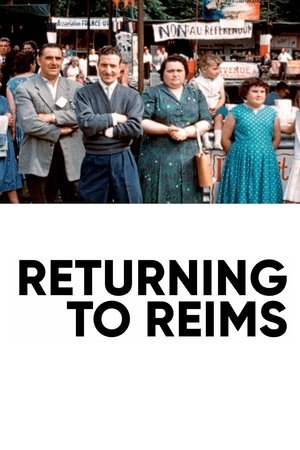 6.3
6.3Returning to Reims(fr)
An intimate and political history of the French working class from the early 1950s to the present day.
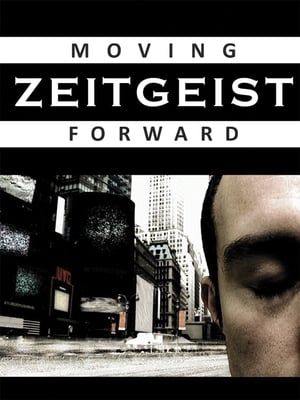 7.1
7.1Zeitgeist: Moving Forward(en)
A presentation of a case for a needed transition out of the current socioeconomic monetary paradigm which governs the entire world society. This subject matter will transcend the issues of cultural relativism and traditional ideology and move to relate the core, empirical 'life ground' attributes of human and social survival, extrapolating those immutable natural laws into a new sustainable social paradigm called a 'Resource-Based Economy'.
